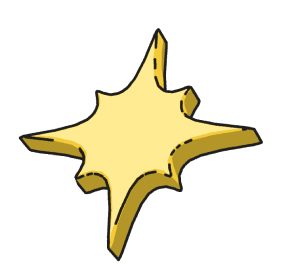NZ Diploma in Early Childhood Education and Care (Level 5)
Teaching
A course by
NZSE
This diploma programme equips learners with practical skills and knowledge to work as competent early childhood educators in various contexts, supports career progression in the ECE sector, and provides a pathway to a bachelor's degree and teacher registration.
Online study
Flexible online learning from anywhere
Nationwide
It will take a total of 34 weeks
Core skills this course teaches

Competent Early Childhood Educator
Demonstrate the skills and knowledge required to work effectively in a variety of early childhood education contexts.

Application of Bicultural Curriculum
Apply the principles of Te Whāriki and bicultural understanding, including tikanga Māori and the Treaty of Waitangi, in educational settings.

Professionalism and Ethics
Exhibit professional behaviours, ethics and compliance with legislation relevant to early childhood education.
What You're Signing Up For
Are you passionate about looking after and teaching children? The NZ Diploma in Early Childhood Education and Care (Level 5) by NZSE prepares learners to become skilled early childhood kaiako capable of supporting and educating infants, toddlers and young children within diverse ECE contexts. The programme covers theory, best practices including the bicultural curriculum Te Whāriki, ethics, professional behavior, child development, and cultural competence such as tikanga Māori and the Treaty of Waitangi. It includes 120 hours of work placement and offers online and in-class delivery options. Entry requires Level 3 ECE certification or equivalent experience, and it supports progression to a bachelor's degree for ECE teacher registration.
Course Content
- Te Whāriki bicultural curriculum
- Ethics and professionalism
- Professional behaviours in ECE
- Nutrition needs of infants, toddlers, and young children
- Parent and whanau communication
- Creating culturally safe environments
- Tikanga Māori and te reo concepts including ako and whanaungatanga
- Treaty of Waitangi and Whakapapa
- ECE philosophies and diverse ECE contexts in New Zealand
- Legislation and regulation of ECE services
- Relationships, attachment, and child transitions
- Child development and the value of play
- Observation, planning, and learning plans
- Pasifika Education Strategy
- Models of Early Childhood
- 120 hours work placement in licensed ECE services
What you need to know first
Certificate in Level 3 Early Childhood Education or equivalent
Currently working in ECE sector as unqualified reliever or home-based educator
Criminal record check
Two referees (not family or friends)
Interview and statement of intent
Access to laptop/desktop with internet and minimum 10-inch screen (for domestic online students)
English language proficiency for international students: IELTS Academic 5.5 with no band below 5 or PTE Academic 42 with no band below 36

What sort of industry will this job lead to
Education
Childcare

Future employment opportunities might be
Childhood educator
Kindergarten or playgroup worker
Teacher aide